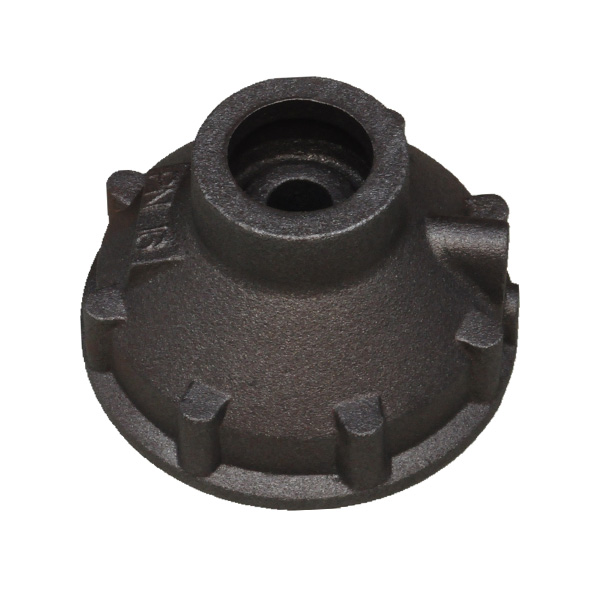Mobile:+86-311-808-126-83
Email:info@ydcastings.com
Understanding the Role of Water Impellers in Fluid Dynamics and Efficiency Improvement
The Role of Water Impellers in Modern Fluid Dynamics
Water impellers play a crucial role in various sectors, including agriculture, wastewater management, and industrial applications. As devices designed to move water and other fluids, they are integral to processes requiring fluid transfer, mixing, and circulation. This article will explore the significance of water impellers, their types, applications, and the technology behind their designs.
An impeller is essentially a rotating machine element that transfers energy to a fluid. When it spins, it generates a flow of fluid due to the centrifugal force, which is crucial in pumping systems. The design, size, and shape of an impeller significantly influence its efficiency and effectiveness in fluid movement.
Types of Water Impellers
Water impellers can be classified into several types based on their design and intended use. The most common types include
1. Centrifugal Impellers These are widely used in pumps and have a unique design that enables them to convert rotational energy into kinetic energy. As the impeller spins, the fluid inside is propelled outwards, resulting in increased pressure and flow rate. Centrifugal impellers are ideal for high flow rates and are commonly found in municipal water supply systems.
2. Axial Impellers Unlike centrifugal impellers, axial impellers move water along the axis of the impeller shaft. They are primarily used in situations where a large volume of water needs to be moved with relatively low pressure. Axial impellers are common in applications such as irrigation and drainage systems.
3. Mixed Flow Impellers These impellers combine features from both centrifugal and axial designs. They can efficiently move fluid both radially and axially, making them versatile for various applications. Mixed flow impellers are often used in industrial and agricultural settings where a balance between flow rate and pressure is required.
Applications of Water Impellers
water impeller

The applications of water impellers are vast and diverse. In agriculture, impellers are critical in irrigation systems, enabling the efficient distribution of water across fields. Without effective water movement, crop yields may suffer due to inadequate hydration.
In wastewater treatment plants, centrifugal impellers are employed in aeration tanks where they help mix water and oxygen. This process is essential for the aerobic treatment of sewage, promoting the growth of bacteria that break down organic matter.
Industrial facilities utilize water impellers in various processes, from cooling systems to material transport. Impellers play a vital role in ensuring that fluids are circulating correctly, thus maintaining efficiency and preventing equipment overheating.
The Technology Behind Water Impellers
Modern water impellers benefit from technological advancements in materials and design. Innovations in computational fluid dynamics (CFD) allow engineers to simulate and analyze fluid flow, leading to the development of more efficient impeller designs. High-performance materials, such as reinforced plastics and stainless steels, are now used to improve durability and resistance to corrosion, which is especially important in harsh environments.
Furthermore, smart sensors integrated into impeller systems can monitor performance in real-time. These sensors provide essential data on flow rates, energy consumption, and overall efficiency, allowing for proactive maintenance and operational adjustments.
Conclusion
In conclusion, water impellers are a pivotal component of modern fluid dynamics, facilitating the movement of water across various industries. Their design, efficiency, and adaptability make them invaluable in applications ranging from agriculture to wastewater treatment and industrial processes. As technology continues to evolve, the future of water impellers looks promising, with innovations set to enhance their performance and sustainability. Understanding the role of these devices helps us appreciate the subtle intricacies of fluid movement and the critical functions they serve in our everyday lives.
-
Why Should You Invest in Superior Pump Castings for Your Equipment?NewsJun.09,2025
-
Unlock Performance Potential with Stainless Impellers and Aluminum End CapsNewsJun.09,2025
-
Revolutionize Your Machinery with Superior Cast Iron and Aluminum ComponentsNewsJun.09,2025
-
Revolutionize Fluid Dynamics with Premium Pump ComponentsNewsJun.09,2025
-
Optimizing Industrial Systems with Essential Valve ComponentsNewsJun.09,2025
-
Elevate Grid Efficiency with High-Precision Power CastingsNewsJun.09,2025











